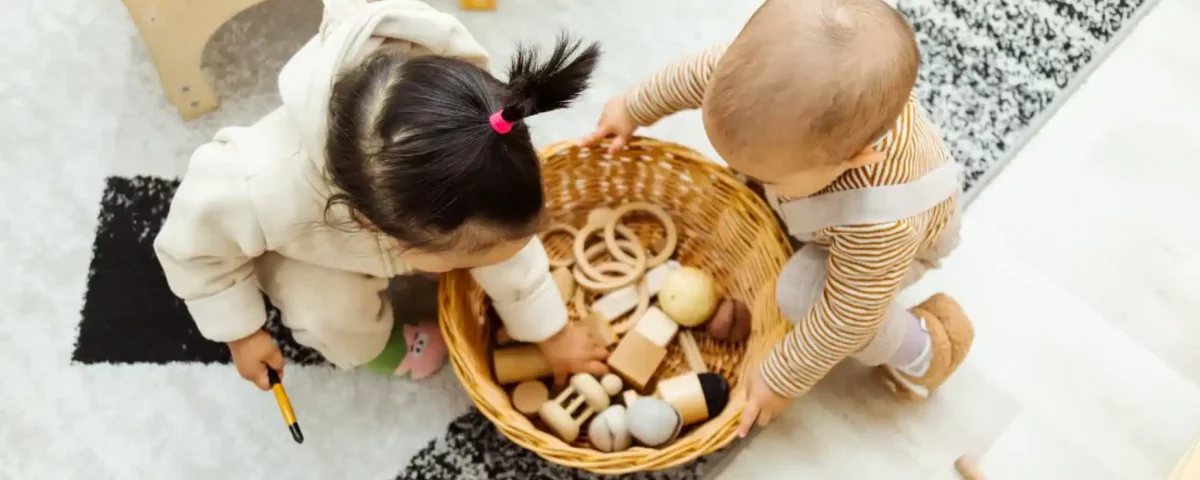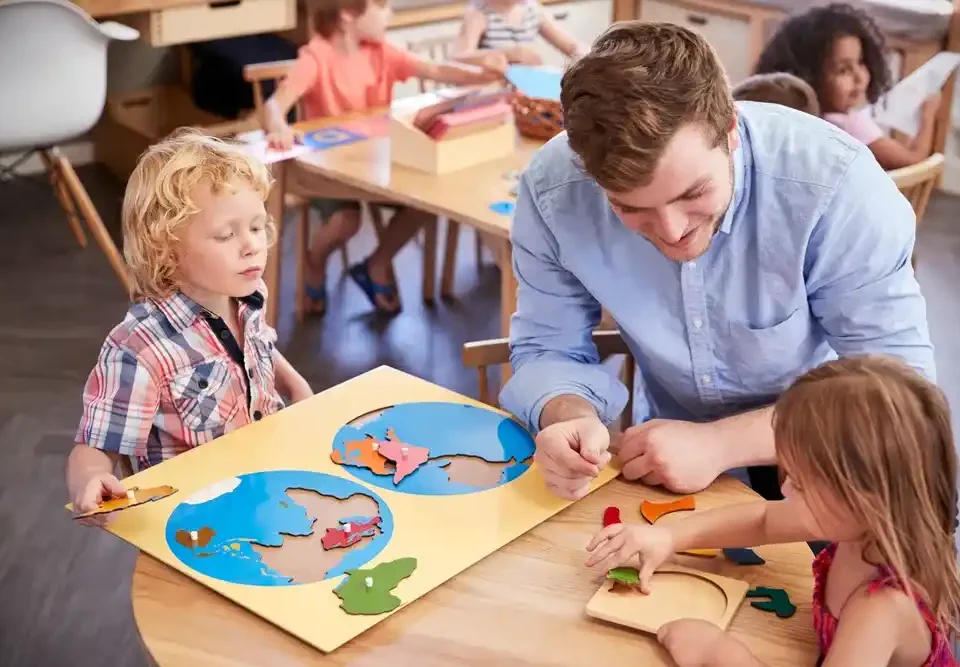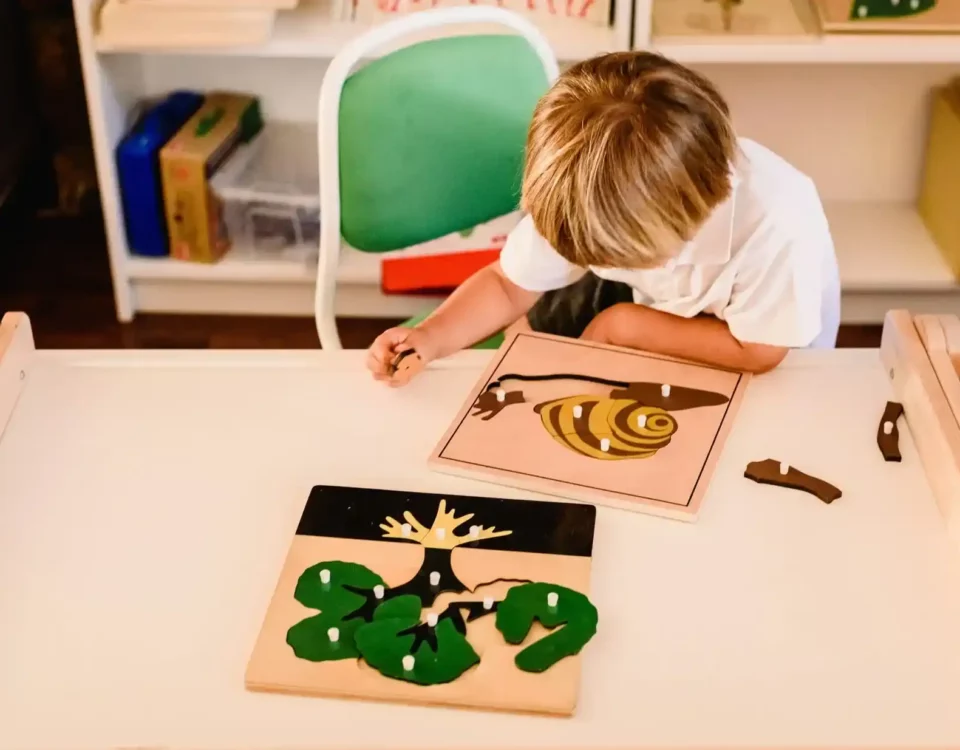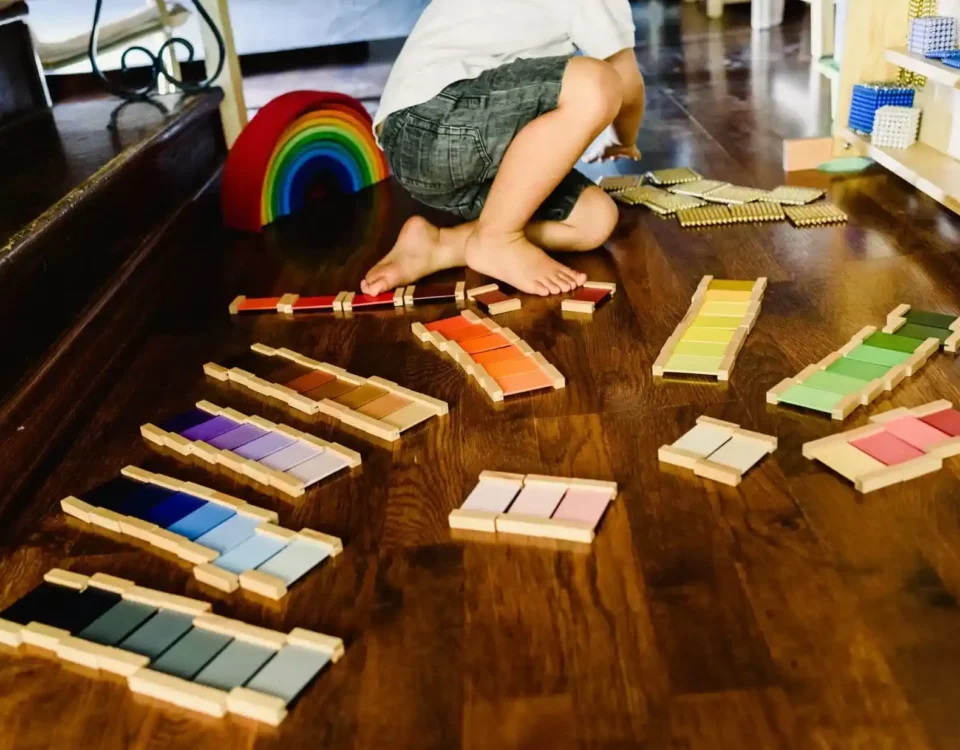Exploring the Montessori Method of Teaching

The Montessori Philosophy: Empowering Minds, Nurturing Hearts
July 10, 2023
Montessori for Adolescents Preparing Young Minds for the Real World
September 26, 2023Are you curious about innovative educational approaches that foster holistic development and empower children to become independent learners? Look no further than the Montessori method of teaching. Designed to ignite a lifelong love of learning, the Montessori approach has gained immense popularity in recent years for its emphasis on individualized education and nurturing a child’s natural curiosity. In this article, we will explore the fundamental principles and benefits of the Montessori method, shedding light on how it can positively shape a child’s educational journey.
Understanding the Montessori Method of Teaching: The Montessori method, created by Dr. Maria Montessori in the early 20th century, is based on the idea that kids have a natural curiosity about the world around them and a desire to learn. The methodology is based on the notion that kids learn best when they are allowed autonomy in a regimented setting where they may pursue their interests at their speed.
The teacher’s job in a Montessori classroom is to support and promote the child’s learning, not to convey knowledge. Developmentally appropriate materials that promote hands-on exploration and sensory experiences have been thoughtfully placed in the setting. The Montessori curriculum covers a wide range of topics, enabling kids to acquire a well-rounded awareness of the world, from practical life skills to language, arithmetic, science, and cultural themes.
Key Principles of the Montessori Method:
- Fostering a Love of Learning: The Montessori approach cultivates a real love of learning that goes beyond the classroom by letting kids follow their natural curiosity and explore their interests.
- Development of Critical Skills: Children who engage in self-directed exploration acquire crucial abilities like focus, decision-making, time management, and problem-solving, preparing them for a lifetime of learning.
- Diverse Age Ranges: Montessori classrooms frequently have a variety of age groups, allowing younger students to learn from more experienced classmates and more seasoned students to further their learning by assisting younger students. This multi-age dynamic fosters social development, empathy, and teamwork.
- Learning through doing: Montessori materials are made to be manipulative and sensory-rich, appealing to a variety of senses to promote comprehension and memory. Children’s critical thinking and problem-solving abilities are developed because to the emphasis on tangible learning experiences.
Montessoriway: Embracing the Montessori Philosophy One exemplary institution that embodies the Montessori philosophy is Montessoriway. With its commitment to providing a nurturing and stimulating environment, Montessori way is dedicated to unlocking the potential of every child. Their highly trained educators create personalized learning experiences that cater to each child’s unique strengths, interests, and learning styles. By embracing the Montessori method, the Montessori way empowers children to grow into confident, compassionate individuals who are well-prepared for future academic and personal success.





